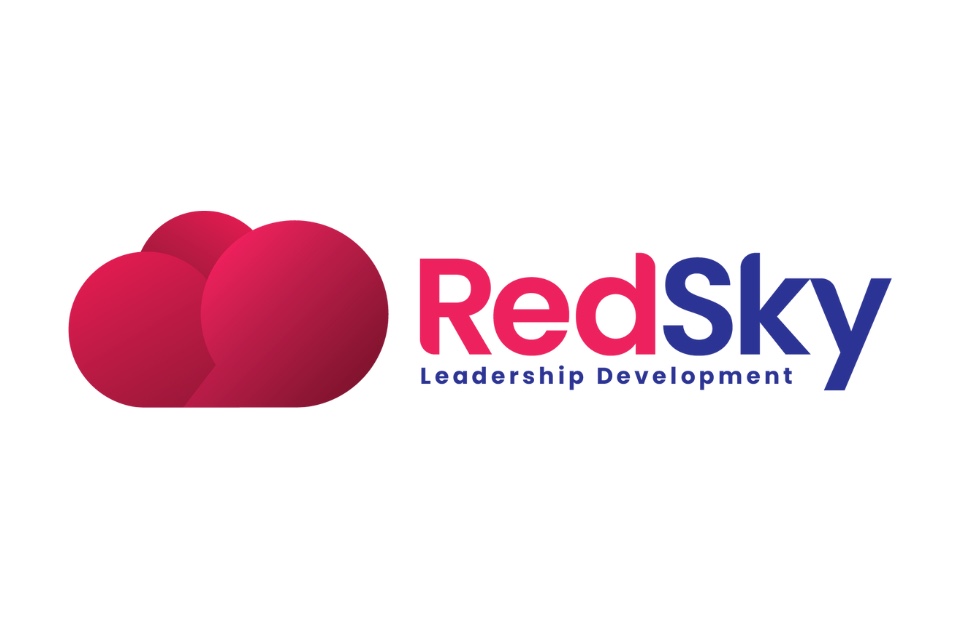Executive coaching has emerged as a strategic tool for organisations seeking to develop high-potential leaders and foster a culture of continuous learning. Over the years, executive coaching techniques have evolved significantly, adapting to changing business landscapes and leadership demands…
Early Approaches to Executive Coaching
In its early stages, executive coaching often focused on providing individual guidance and support to senior executives.Coaches would typically work with clients on specific challenges or goals, offering advice and mentoring.
The Rise of 360-Degree Feedback
The introduction of 360-degree feedback revolutionized executive coaching. This approach involves collecting feedback from multiple sources, including peers, subordinates, superiors, and clients. By providing a comprehensive view of a leader’s performance, 360-degree feedback can identify areas for improvement and development.
The Integration of Technology
Technological advancements have transformed the way executive coaching is delivered. Online platforms and virtual coaching sessions have become increasingly popular, offering greater flexibility and accessibility. Additionally, the use of technology-enabled tools, such as assessment centers and simulations, has enhanced the effectiveness of coaching programs.
The Focus on Executive Presence
In recent years, there has been a growing emphasis on developing executive presence. This encompasses a leader’s ability to communicate effectively, build relationships, and inspire confidence. Executive coaching programs now often incorporate specific techniques to enhance executive presence.
The Impact on Corporate Learning and Development
Executive coaching has made a significant contribution to the field of corporate learning and development. By providing personalized guidance and support, coaches can help executives develop the skills and competencies needed to succeed in today’s complex business environment. This, in turn, can lead to improved organizational performance, increased employee engagement, and a stronger leadership pipeline.
As executive coaching continues to evolve, HR professionals must stay informed about the latest trends and best practices. By leveraging effective coaching techniques, organisations can cultivate a high-performing leadership team and drive sustainable growth.
Are you searching for Executive Coaching solutions for your organisation? The HR Summit can help!
Photo by Christina @ wocintechchat.com on Unsplash









